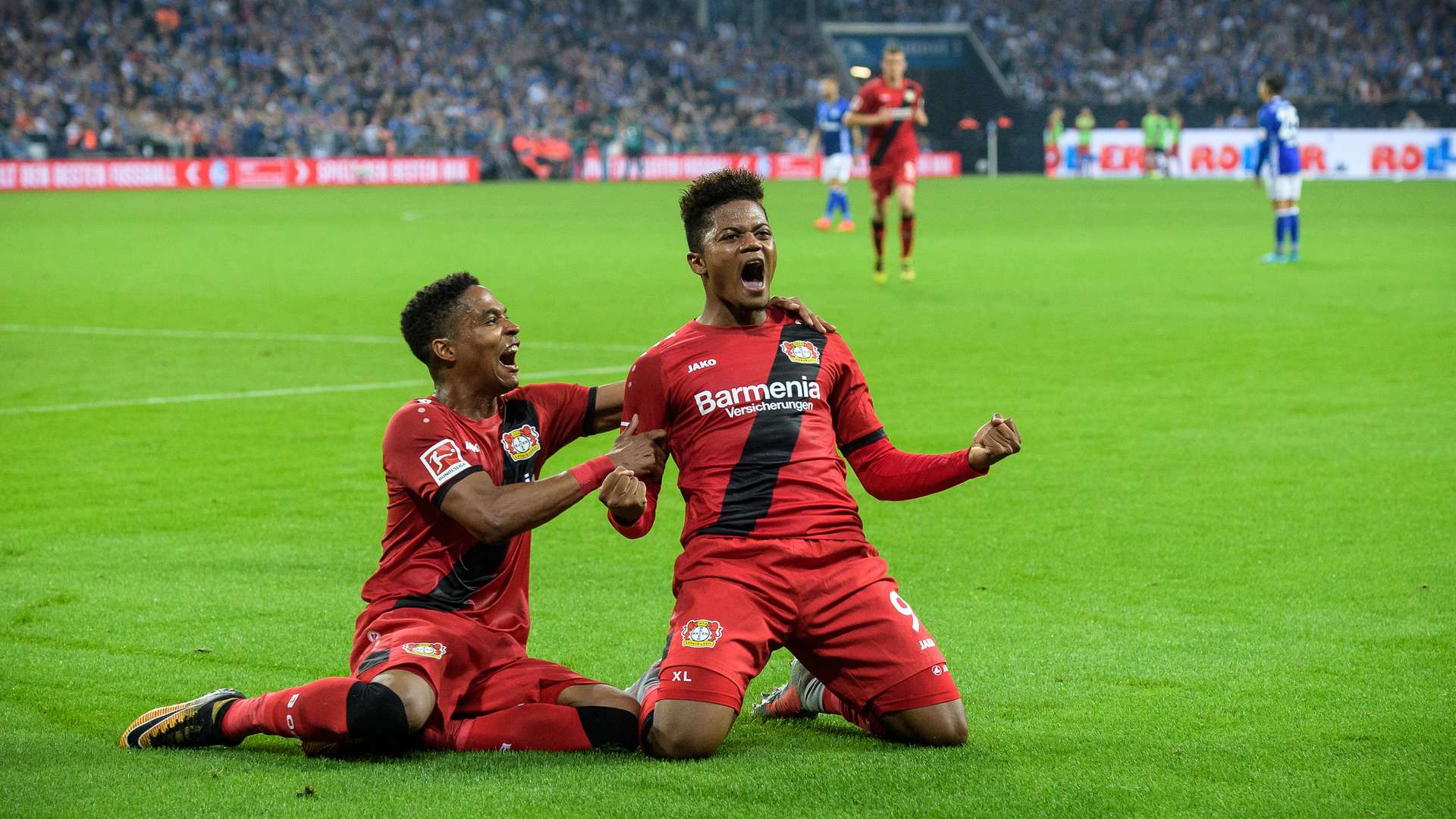Off to a flying start
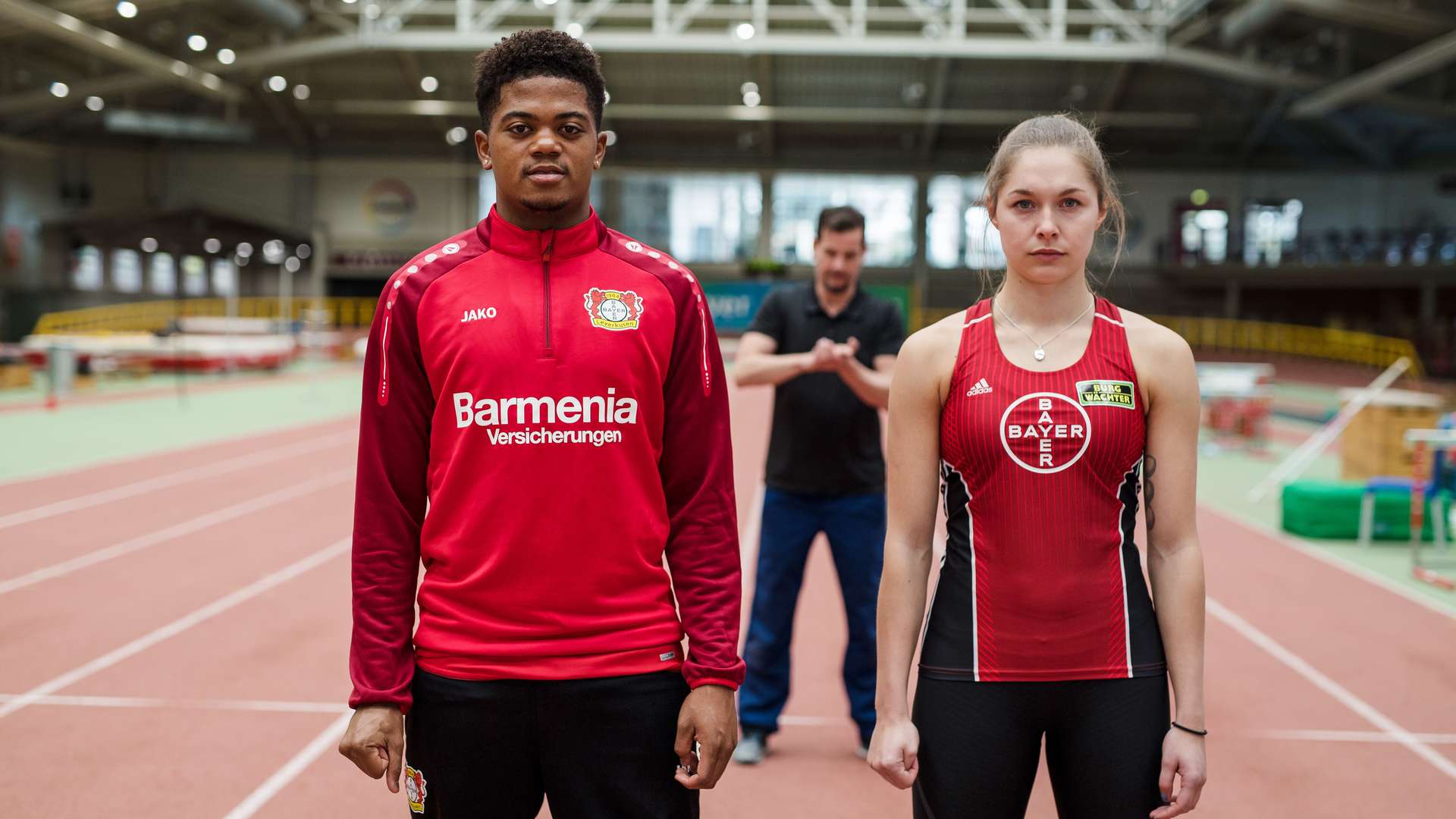
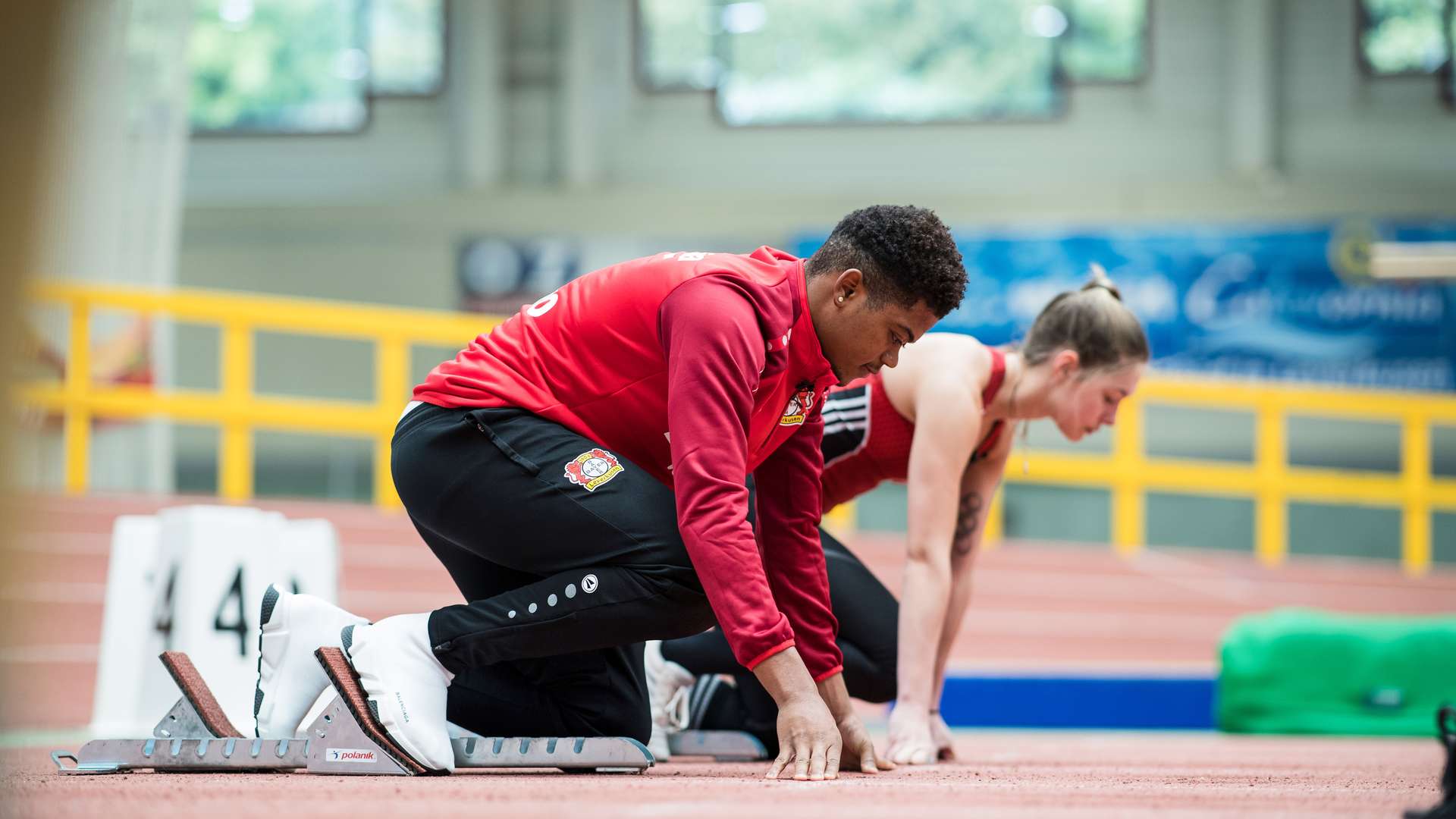
Focused in the starting blocks: Leon Bailey and Gina Lückenkemper
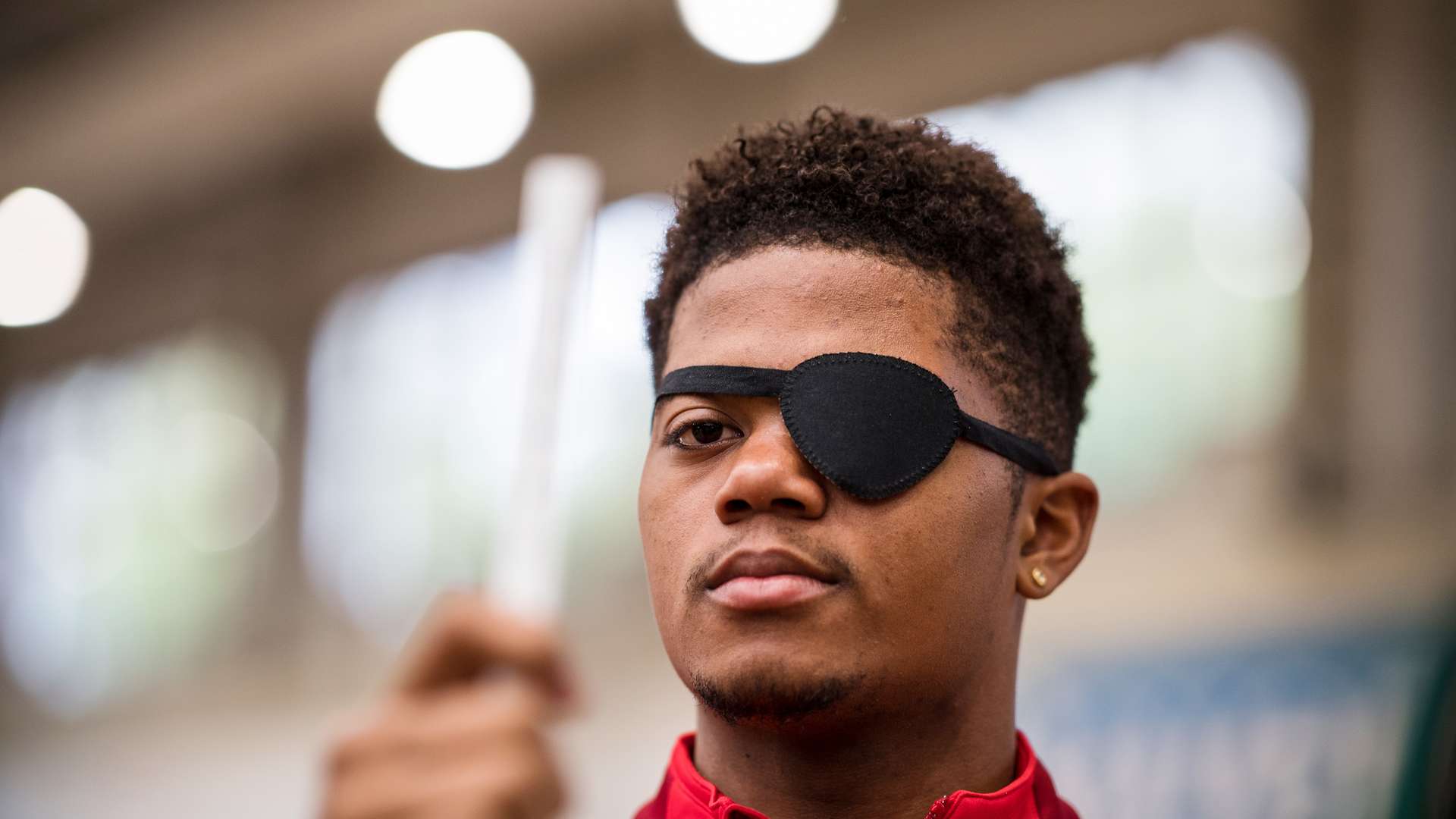
„Leon not only has a pronounced sense of rhythm, he also reacted with impressive speed to the acoustic stimuli
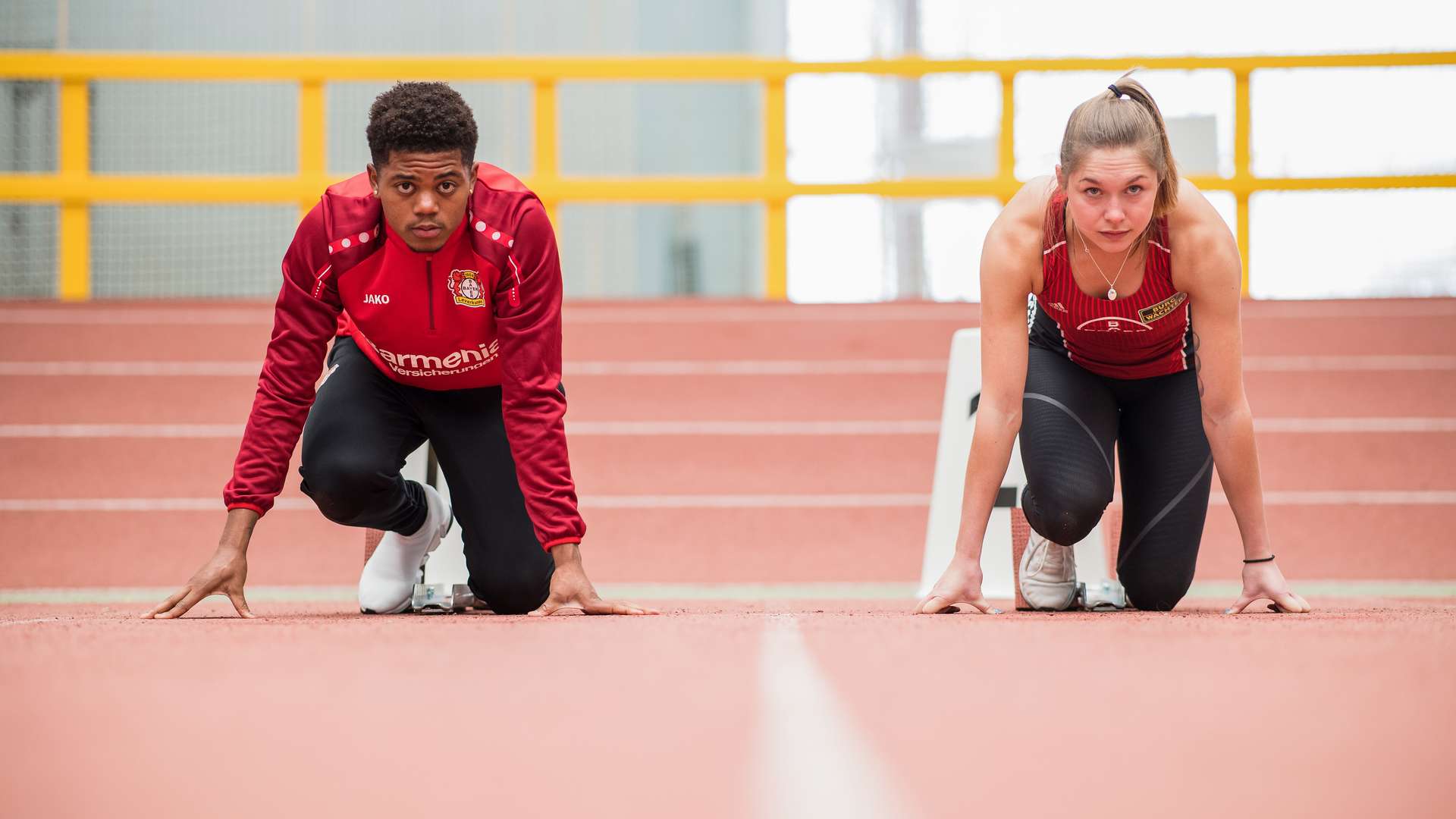

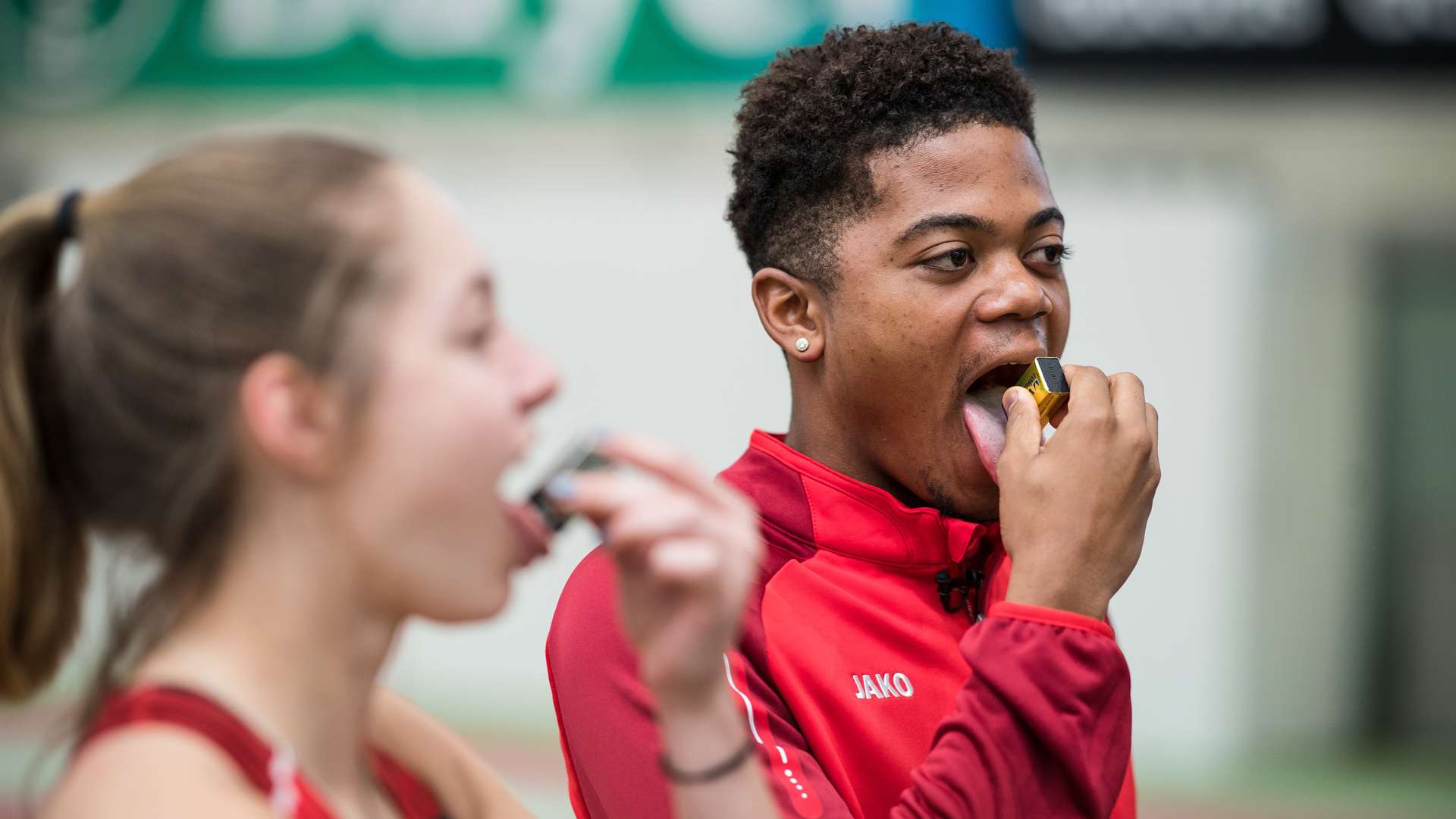
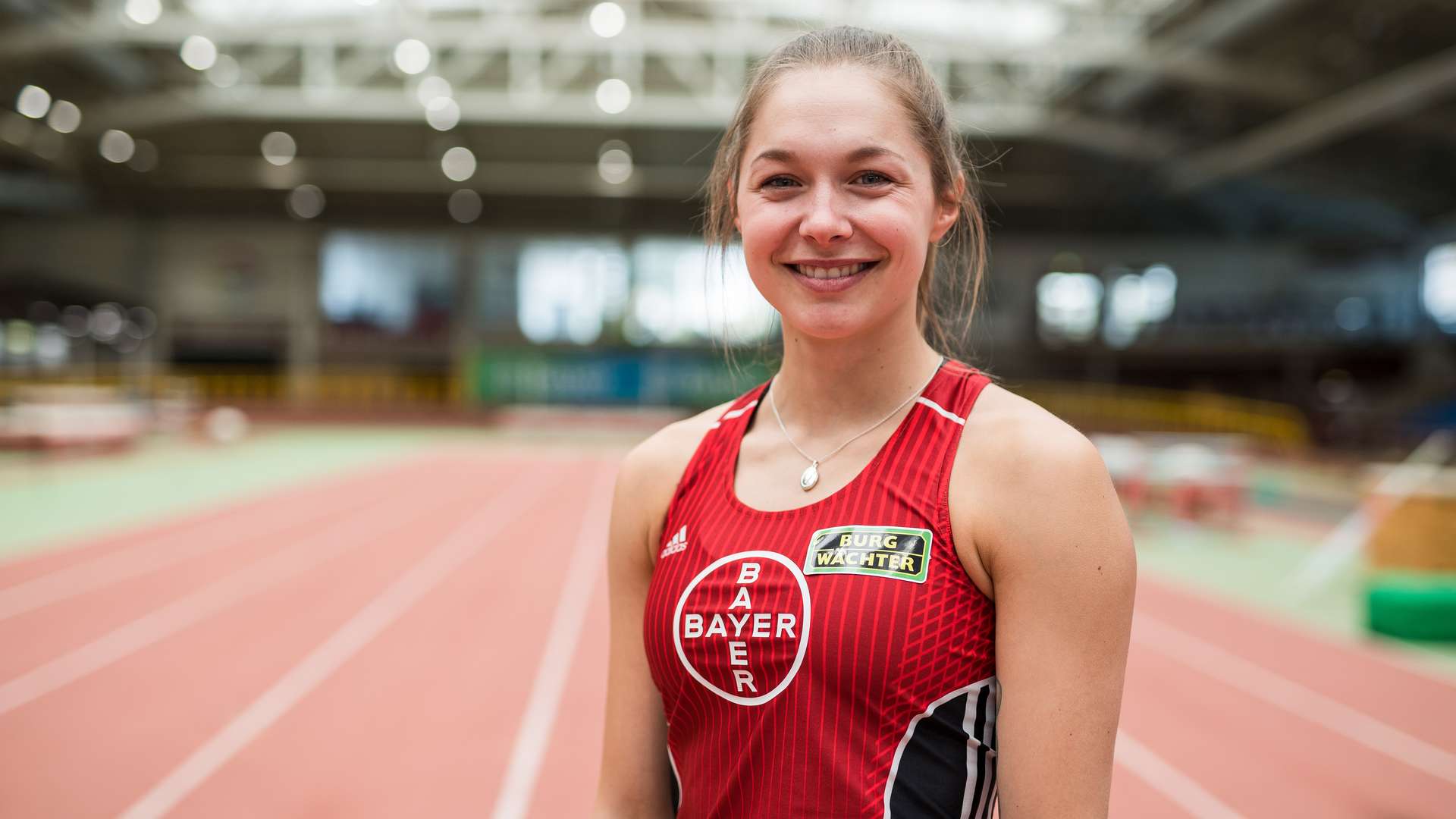
„No club in the world wants a player who can only dribble
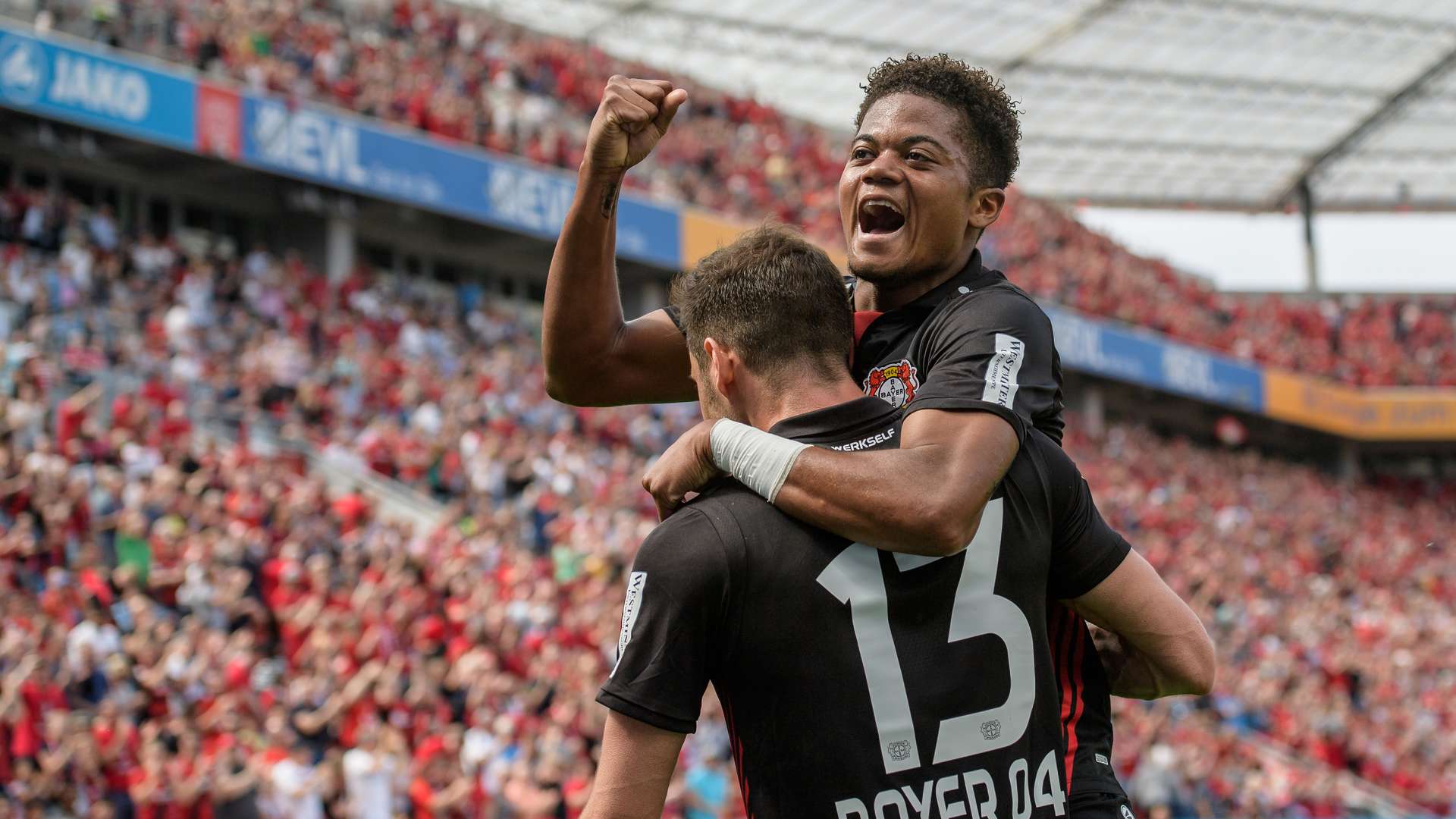
Often and reasons to celebrate last season: Leon Bailey celebrates scoring with his team-mate Lucas Alario.
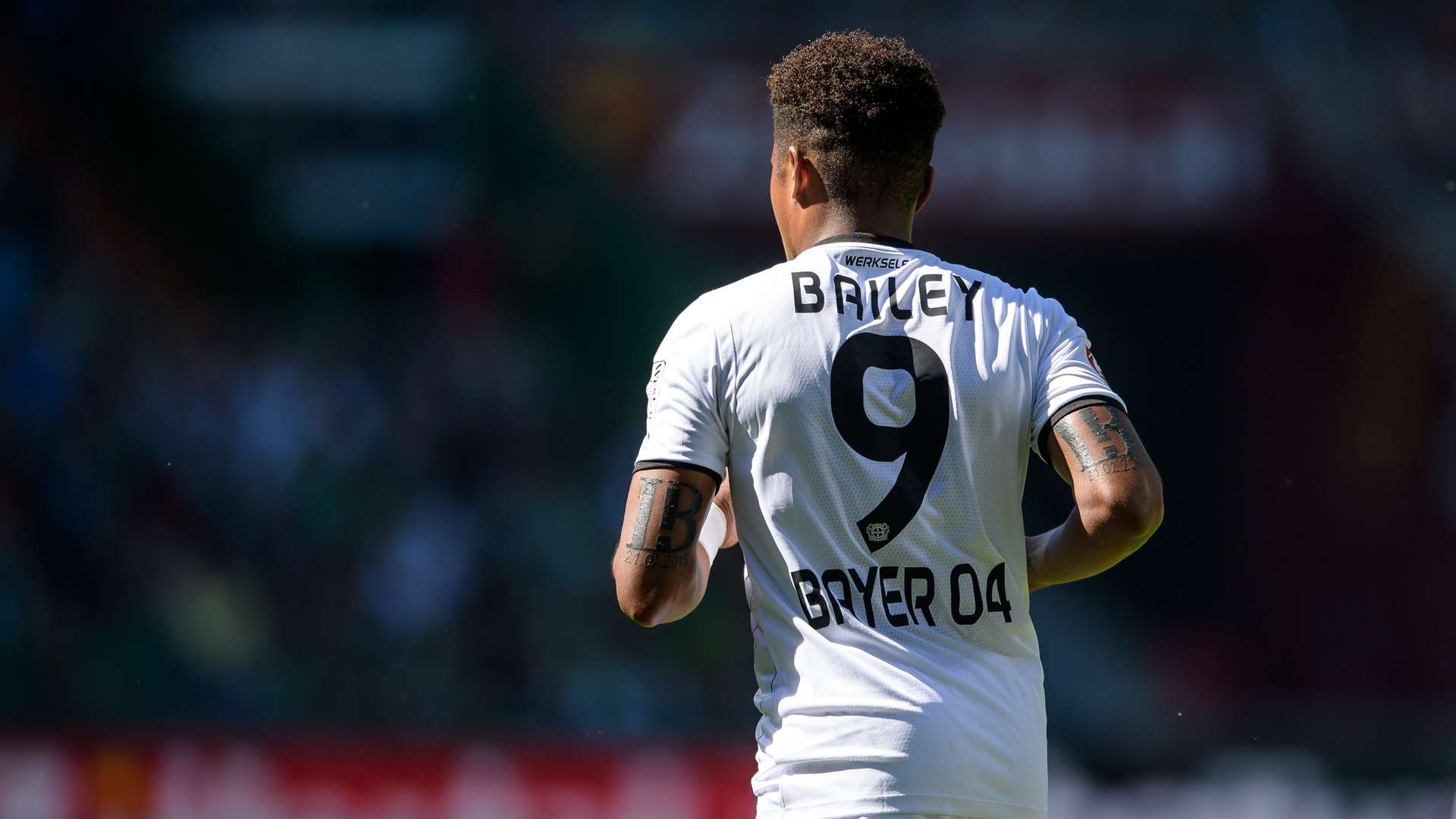

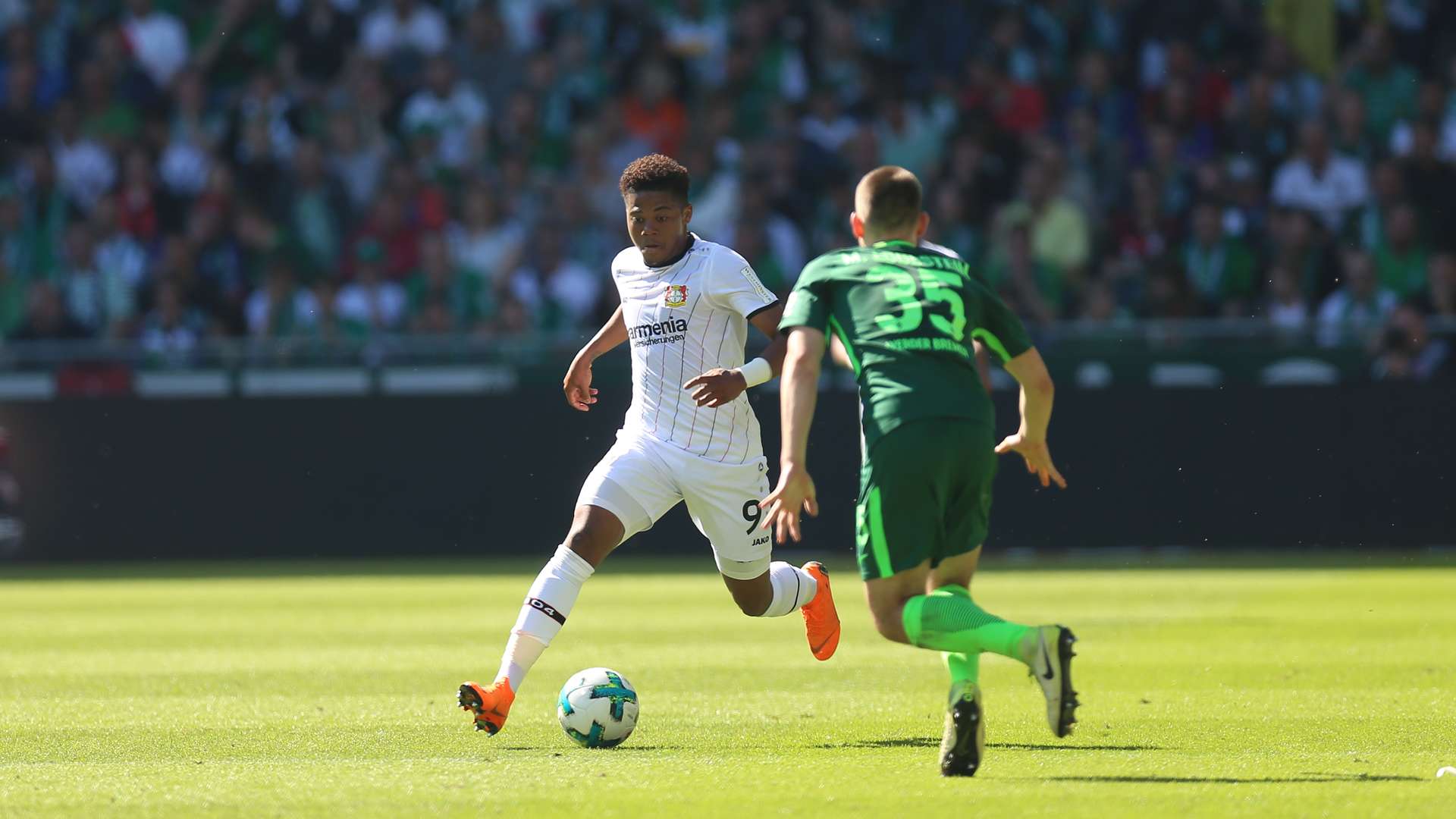
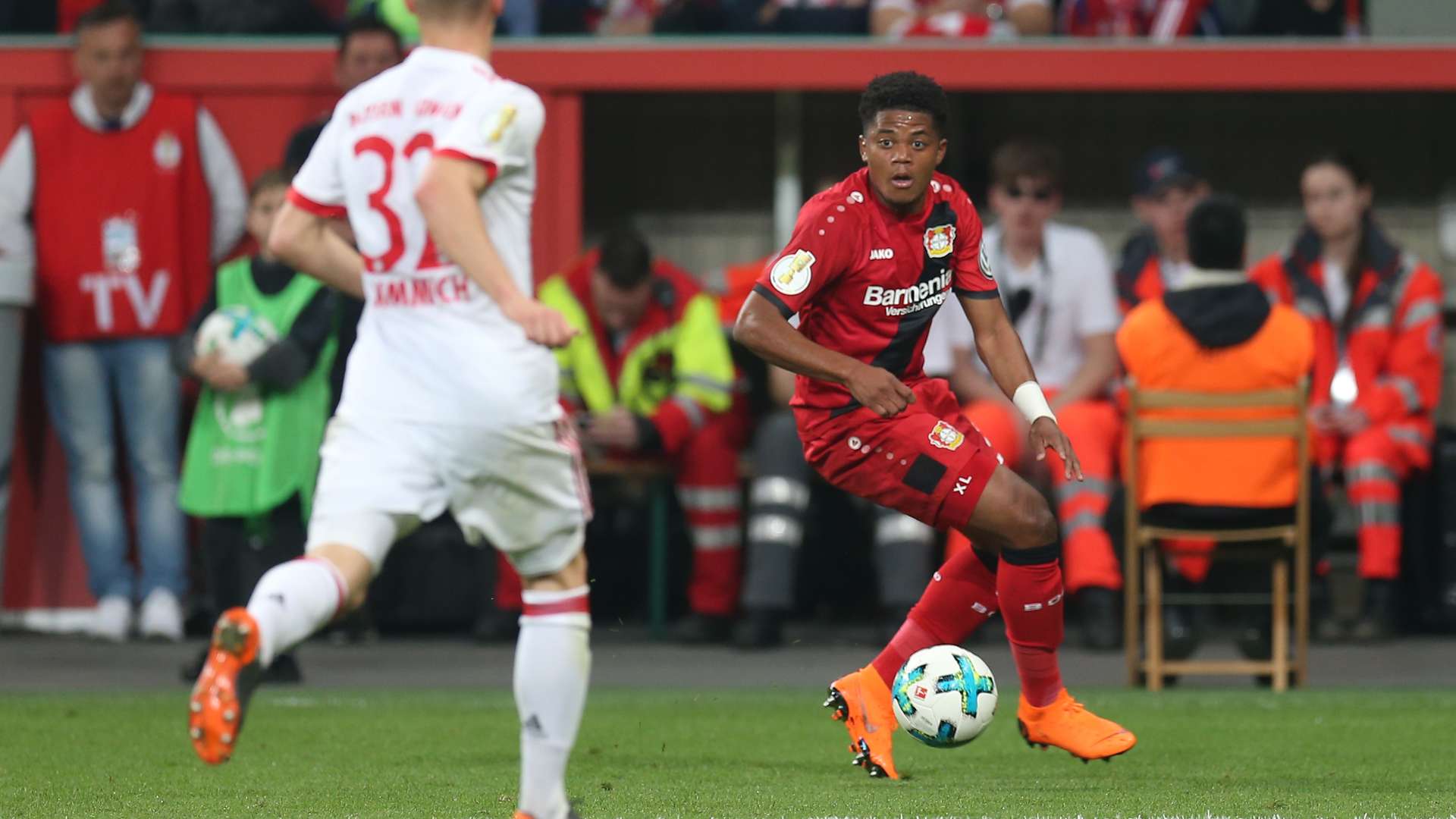
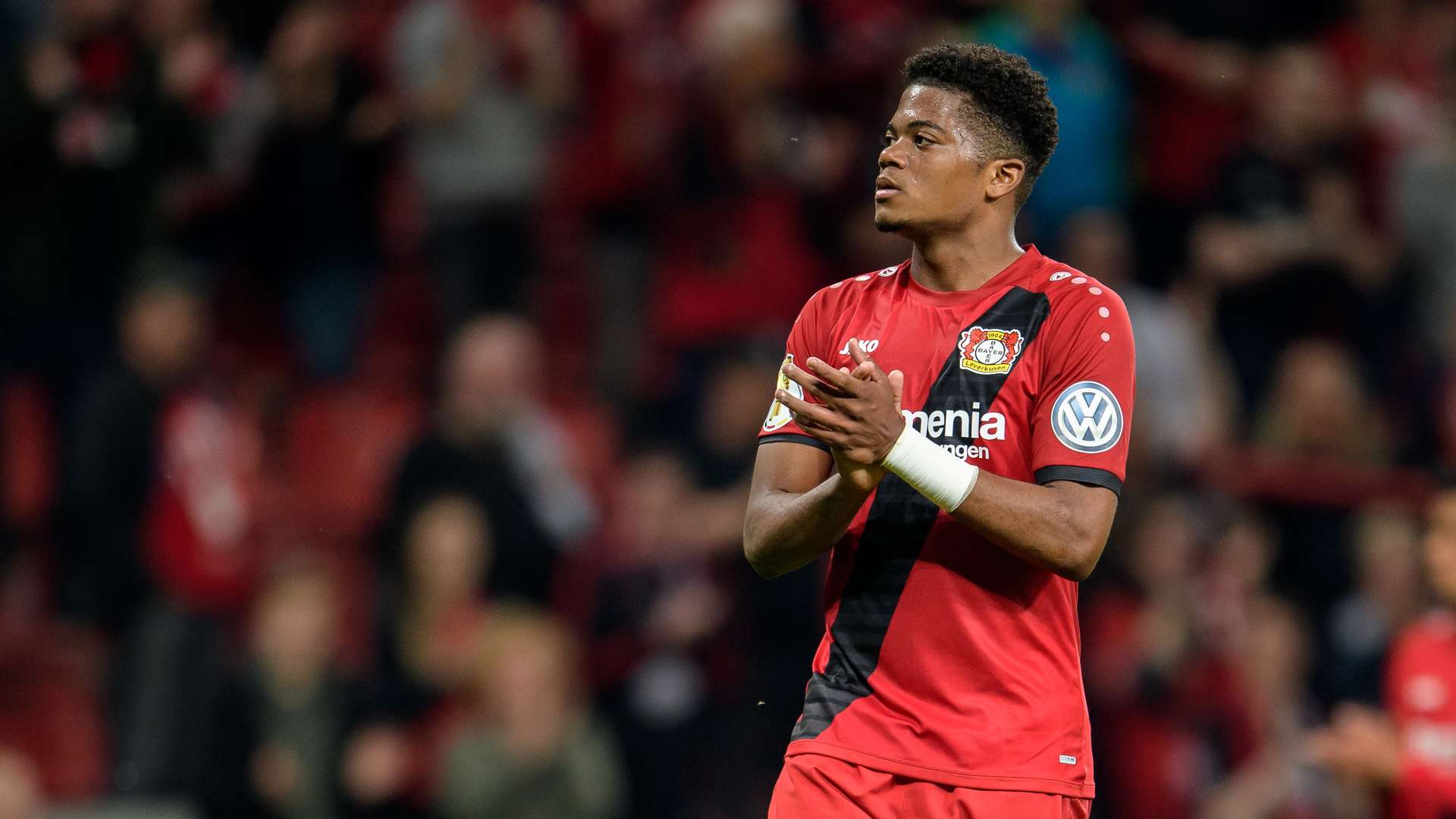
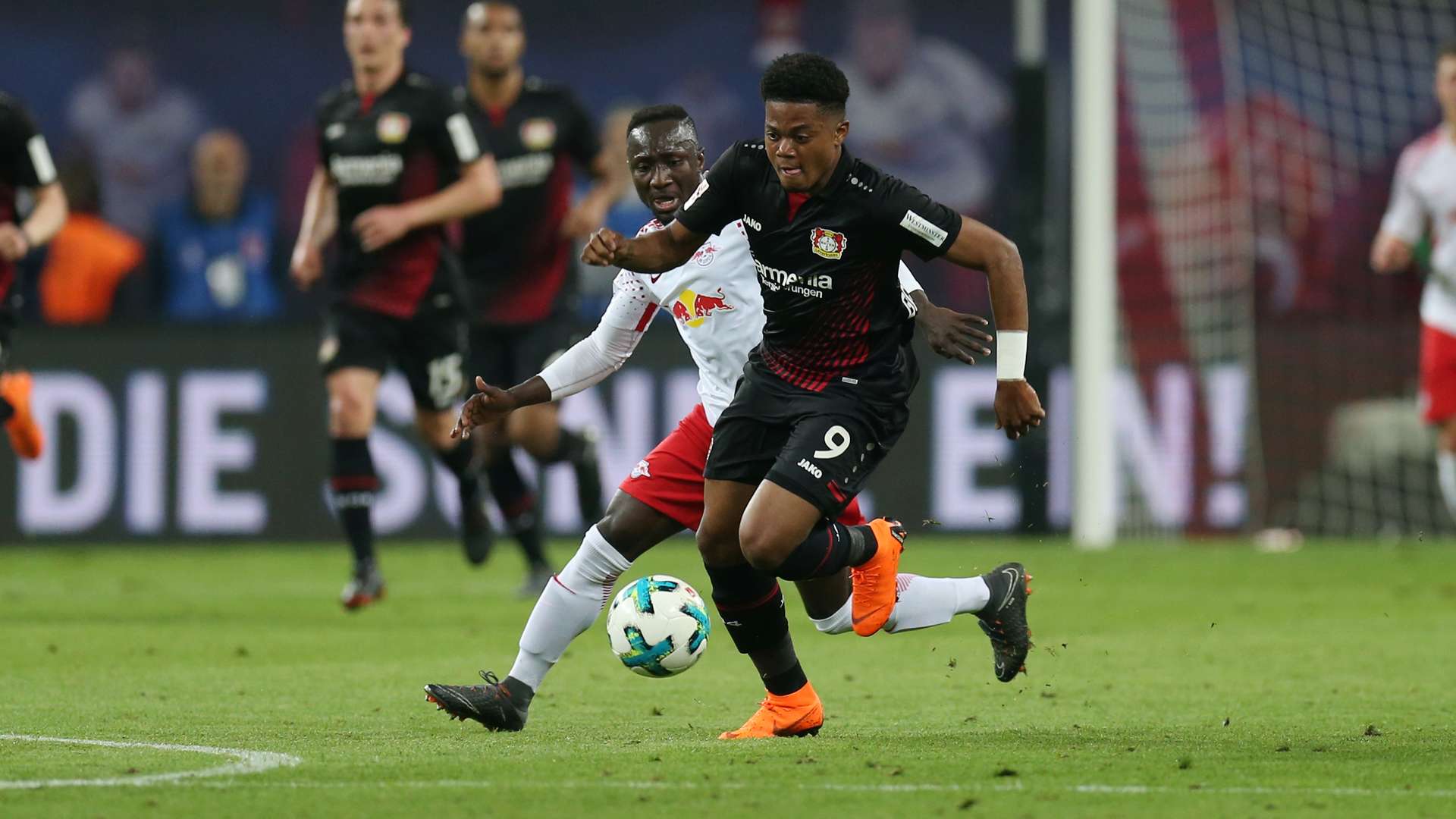


„The most important thing is to keep your feet on the ground
